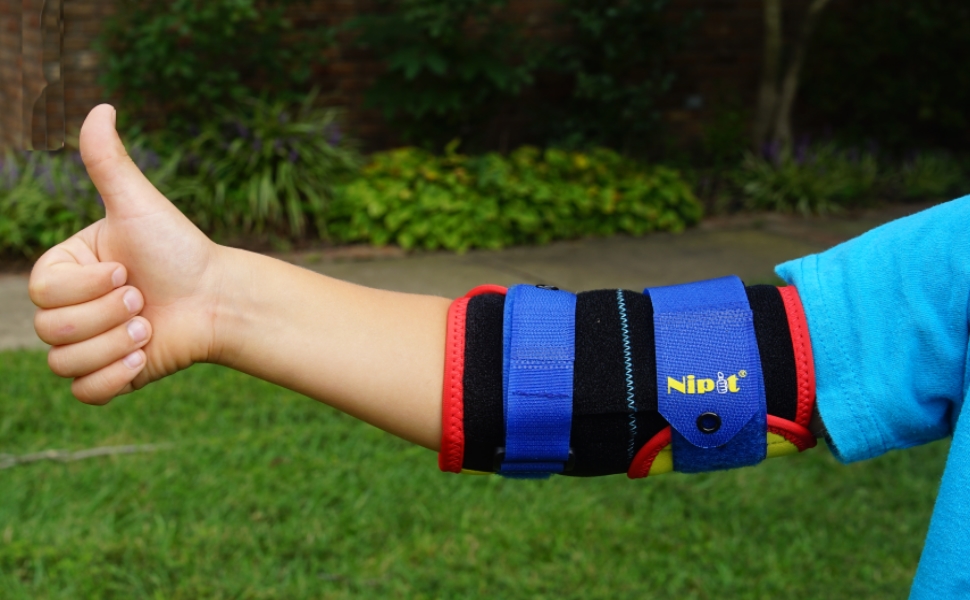To new parents, thumb sucking doesn't seem bad. Having a thumb-sucking baby may mean fewer restless nights and occasional hot flashes. Unlike pacifiers, babies who suck their thumbs will never lose or break the built-in pacifier.
If your child is still sucking his/her thumb as the permanent teeth grow in, or will not relinquish the pacifier, you may have to help and stop finger sucking habit in order to prevent dental problems in the future.

Image Source: Google
In the short term, thumb sucking can be a lifesaver, but in the long run it can lead to serious dental problems. Thumb sucking after two years of age often has a long-term effect on the blockage (or bite). Fortunately, there are many ways you can help your child break the habit before it causes serious harm.
Thumb sucking (or pacifier sucking) is an instinctive, self-soothing habit that babies often develop early on. Doctors don't mention this nutritious sucking habit (NNS). A newborn who sucks the thumb is a good indicator of healthy motor skills, but will lose interest in thumb sucking within two years. If not, parental intervention is required.
In almost all cases, NNS causes the teeth to misalign. Dental complications depend on the duration (years of habit), frequency (hours / days), and intensity (pressure applied).
Complications may include an enlarged anterior open bite, an enlarged anterior superstructure, protrusion of the upper incisors, retroclinical mandibular incisors, contraction of the posterior maxilla, and possible Class 2 skeletal deformity. These terms don't mean much to most people, which is why we parents love to show them a thumbs-up picture when they are on a date.